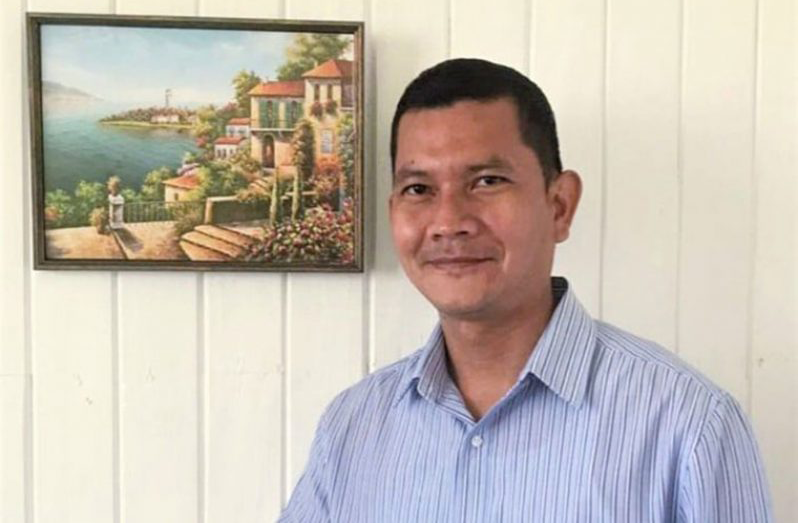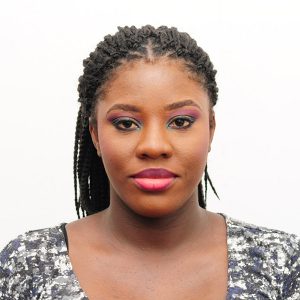SOME 150 Grade 11 students from 12 hinterland schools in Regions One, Seven, Eight and Nine who are currently preparing to write the Caribbean Secondary Education Certificate (CSEC) examination, are benefitting from extra lessons being taught by teachers on the coastland.
The programme, which has been going on since February, sees the hinterland students being tutored remotely, Monday to Friday, from 15:15 to 16:30 hours in the four core subjects of English, Mathematics, Social Studies and Integrated Science.
“The teachers from the coastland are reinforcing what was already done in class,” explained Deputy Chief Education Officer (DCEO) for Amerindian and Hinterland Development, Marti DeSouza. “They worked with the teachers in the local schools to find out what they have done; what areas have been covered, and what help is needed. So they come in, in the afternoon, to do reinforcement to ensure the children fully understand the concepts that were taught in the classroom,” he added.
In addition to reinforcing what is already being taught to the students, the pioneering programme is also being used to help some of them catch up in areas that may not have been covered by the teachers at their schools.
“With the Integrated Science, they have been working with topics that are at the end of the syllabus, because the children would not have gotten that far. So they are doing a back-to-front approach, where they are working from the back to catch up with the teacher wherever the teacher is able to complete at the end of the term,” DeSouza related.
The programme is part and parcel of an overall move by the Ministry of Education (MoE) to make education delivery more technology-assisted, and was made possible through the creation of a number of “smart classrooms” across the country.
Those “smart classrooms” are equipped with an interactive, computerised, touchscreen whiteboard, two cameras that can be used to videotape the lesson by the teachers, and a monitor connected to the cameras. The coastland-to-hinterland tutoring project currently involves teachers from Georgetown, Linden, and Berbice. There is also a Mathematics specialist from the National Centre for Educational Resource Development (NECERD), while DeSouza himself is also one of the tutors.
BACKUP
“In all, there are eight tutors; there are four who are each teaching with an alternate, so that in the event of someone not being able to make a class, there is a backup,” De Souza said.
The hinterland schools currently involved in the programme include eight in Region One (Barima-Waini), two in Region Seven (Cuyuni-Mazaruni), and one each in Regions Eight (Potaro-Siparuni) and Nine (Upper Takutu-Upper Essequibo). Those in Region One are the Santa Rosa, North West, and Port Kaituma Secondary Schools, along with the Hosororo, Wauna, Kamwatta, Kwebanna and Matthews Ridge “Primary Top” schools.
In Region Seven, the classes are currently being held at the Three Miles and Bartica Secondary Schools; in Region Eight it is being administered to students at Mahdia Secondary, and in Region Nine to students at St. Ignatius Secondary.
Noting that the programme has not been without its challenges, DeSouza said:
“We know that the hinterland has its connectivity issues, but we have been working through the challenges, and even though sometimes the signal or connectivity might be weak, our tutors have adapted to working with that situation. It is a learning process for everyone, including the tutors, because even they would have been adapting to this new mode of teaching.”
He said that tutors have been finding ways of working around issues as they arise, so as to ensure that all the students are equitably catered to.
“They would back-up with WhatsApp to try as much as possible to ensure everyone is covered,” he said, adding: “If the schools have a connectivity problem, they would find a way of getting the content to those children who would have missed.”
Notwithstanding the challenges, DeSouza believes that the programme could be nothing but beneficial to the students that are involved.
“It is something new to all of us, but I know that we will see the fruits of this at the end of the period, when CSEC is being written,” he said.



.jpg)








